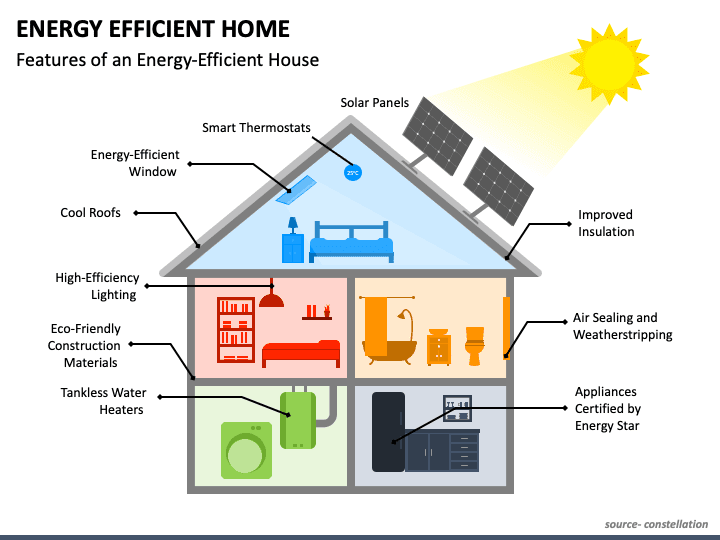Sustainable Solutions: Efficient Eco-Friendly Systems


Sustainable Solutions: Efficient Eco-Friendly Systems
In a world grappling with environmental challenges, the emergence of efficient eco-friendly systems stands as a beacon of hope. This article explores the pivotal role of such systems in fostering sustainability, the impact they have on various sectors, and the collective responsibility in adopting them.
Addressing Environmental Imperatives:
Efficient eco-friendly systems are a response to the urgent need to address environmental imperatives. From climate change to resource depletion, these systems are designed to mitigate the impact of human activities on the planet. By integrating sustainable practices, they contribute to the broader goal of preserving the Earth for future generations.
Energy Efficiency for a Greener Future:
At the heart of efficient eco-friendly systems lies a commitment to energy efficiency. Industries, businesses, and households are increasingly adopting technologies that optimize energy usage. From smart appliances to advanced HVAC systems, these innovations play a crucial role in reducing carbon footprints and promoting a greener future.
Renewable Energy Integration:
Efficient eco-friendly systems embrace the integration of renewable energy sources. Solar, wind, and hydropower technologies are harnessed to generate clean energy, reducing dependence on fossil fuels. This shift towards renewable energy is fundamental in the transition to a sustainable energy landscape, mitigating environmental harm caused by traditional energy sources.
Circular Economy and Waste Reduction:
The concept of a circular economy is central to efficient eco-friendly systems. Emphasizing responsible consumption, recycling, and waste reduction, these systems contribute to the creation of a closed-loop system. Materials are reused and repurposed, minimizing the environmental impact and fostering a more sustainable approach to resource utilization.
Smart Cities and Sustainable Urbanization:
Efficient eco-friendly systems extend their influence to urban landscapes through the development of smart cities. From intelligent transportation systems to energy-efficient buildings, these innovations contribute to sustainable urbanization. Smart cities prioritize resource optimization, waste reduction, and the overall well-being of their inhabitants.
Green Building Practices:
The construction industry plays a significant role in the adoption of efficient eco-friendly systems through green building practices. Sustainable materials, energy-efficient designs, and eco-conscious construction methods result in buildings with reduced environmental footprints. Green buildings not only benefit the environment but also provide healthier living spaces for occupants.
Precision Agriculture for Sustainable Food Production:
Agriculture, a cornerstone of human survival, embraces efficient eco-friendly systems through precision farming techniques. Technology-driven solutions such as precision irrigation, data analytics, and crop monitoring optimize agricultural practices. This not only enhances productivity but also minimizes environmental impact through responsible and resource-efficient farming.
E-mobility and Clean Transportation:
Efficient eco-friendly systems are reshaping the transportation sector, particularly through the rise of electric mobility. Electric vehicles (EVs), coupled with advancements in public transportation and sustainable mobility solutions, contribute to reduced air pollution and decreased reliance on traditional fossil fuels.
Technological Innovation for Environmental Conservation:
Technological innovation plays a pivotal role in advancing efficient eco-friendly systems. From breakthroughs in materials science to the integration of artificial intelligence, continuous innovation is key to enhancing the efficiency and impact of eco-friendly solutions. Ongoing research and development contribute to the evolution of sustainable technologies.
Collective Responsibility and Global Collaboration:
The adoption of efficient eco-friendly systems is not just a choice but a collective responsibility. Individuals, businesses, and governments all play crucial roles in driving sustainability. Global collaboration is essential to share knowledge, best practices, and resources, fostering a united front in addressing environmental challenges.
In conclusion, sustainable solutions through efficient eco-friendly systems offer a pathway to a more environmentally conscious and resilient future. To explore further the significance of adopting these systems, visit Efficient Eco-Friendly Systems.









